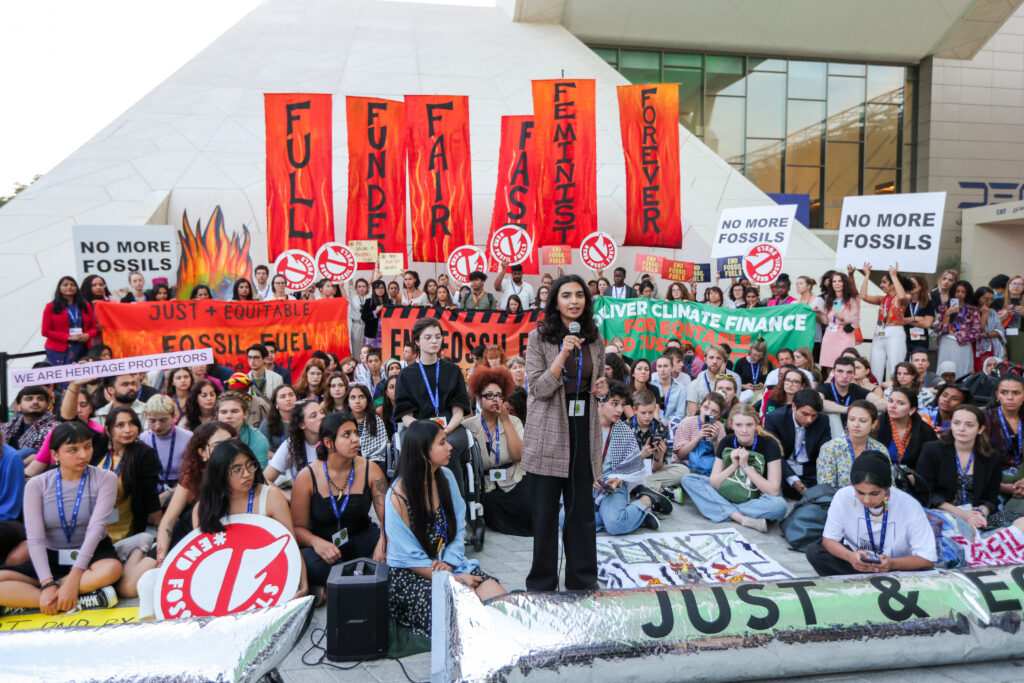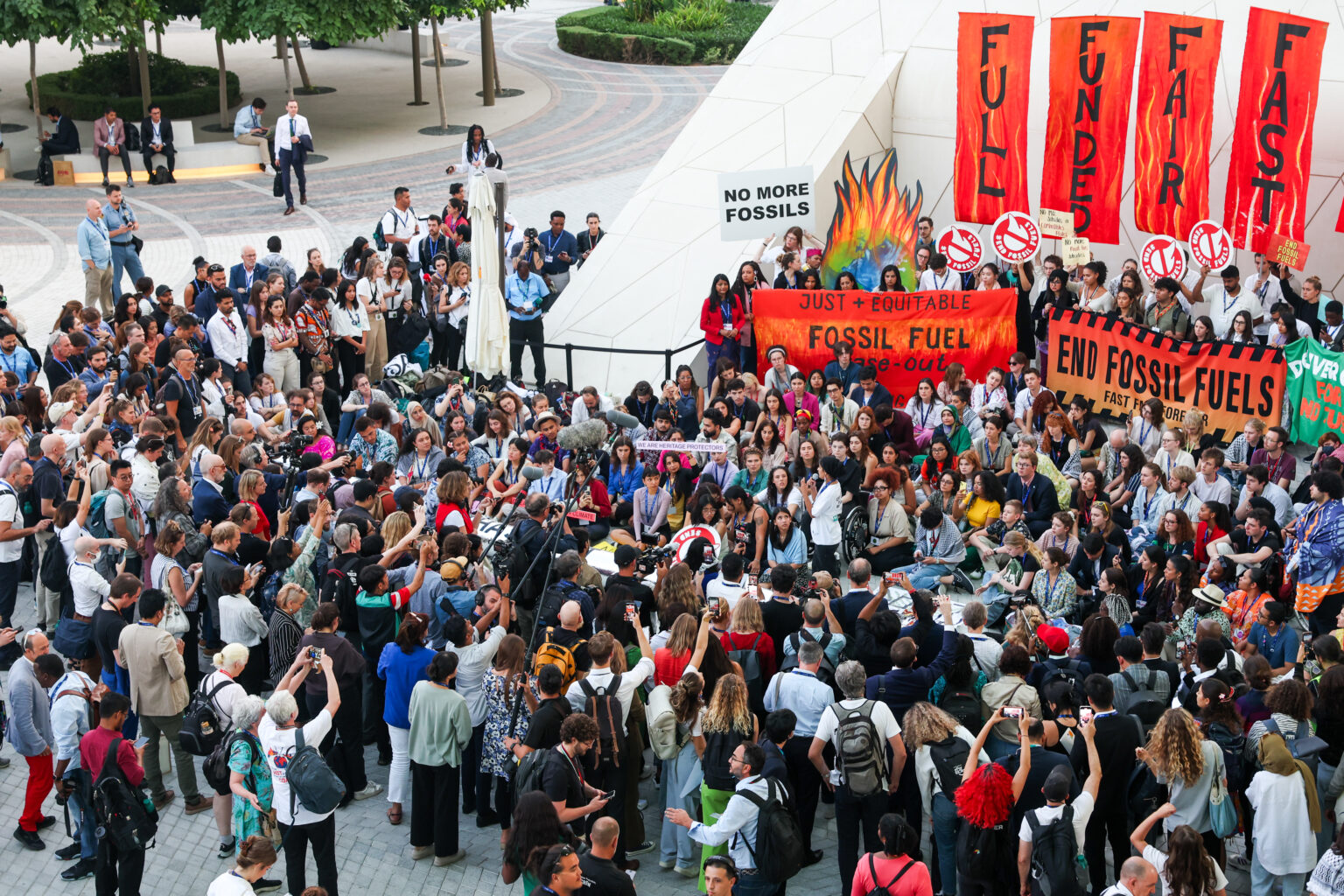Environmentally responsible and socially fair societies balance environmental protection with social justice and equity. Focused on sustainable development and citizen participation, these societies promote climate action and equality, driven by youth activism.
Environmentally responsible and socially fair societies are those that seek to balance environmental protection with the promotion of social justice and equity.
Their main characteristics involve environmental responsibility, social justice, sustainable development, citizen participation, circular economy, climate change adaptation and mitigation, equitable access to resources, among other factors.
In short, environmentally responsible and socially just societies are those that recognise the interconnectedness between the environment, social justice and the economy, working to create an environmentally responsible and equitable world for all.
As young people become more aware of global crises, there is a shift in the holistic perspective of our society. Young people are increasingly proactive in making a difference. This has resulted in an exponential increase in their involvement in socio-environmental change.
It can be argued that the power of the younger generation is helping to foster fundamental changes in attitudes towards humanity and nature. Moreover, as members of the most technologically advanced generation to date, they are increasingly aware of the negative impact that human activities have had on the environment.
It is important to realise that environmentally responsible and socially just societies go beyond the basic concept of caring for the environment, but have guidelines that preserve natural resources, think about economic justice, gender equality, human rights, access to education, quality health care and the fight against all forms of discrimination.
These societies seek development that meets the needs of the present without compromising the ability of future generations to meet their own needs. This means a balance between economic growth, care for the environment and social well-being.
To this end, the active participation of citizens in political and social decisions is essential. Governance must be transparent, accountable and inclusive, ensuring that the voices of all segments of society are heard and taken into account.
Through various means, from activism to entrepreneurship, education and volunteering, young people play a crucial role in building a better future for the next generations and for society as a whole.
In fact, what we have seen is that young people often lead and participate in movements that advocate for environmental protection and social justice, and one way they do this is through what we call advocacy and activism.
Advocacy focuses on doing something to support, recommend or initiate action on an idea you care about. This is because when you advocate for an issue, you hold those in power to account to ensure that your rights are protected and respected.
Moreover, in this globalised world, young people can collaborate across borders to address global challenges such as climate change and inequality. This may involve participating in international conferences, online forums and collaborative projects.
From this perspective, one project focusing on environmentally responsible change that is worth highlighting is the ‘Fridays For Future’ movement.

This movement started in August 2018 and represents a transformative wave in the global fight against climate change. Led and organised by young people, the movement gained global notoriety thanks to Greta Thunberg, a 15-year-old Swedish student who decided to start a school climate strike.
In response to society’s inertia in the face of the climate crisis, Greta Thunberg began protesting in front of the Swedish Parliament during school days in the three weeks leading up to the Swedish elections. Her demand was simple: urgent action against the climate crisis. At first, Greta was alone, but she was soon joined by other students. On 8 September, they decided to prolong the strike until Swedish policies were aligned with the Paris Agreement, seeking to limit global warming to less than 2ºC.
Thus was born the Fridays For Future movement, with the creation of the hashtag #FridaysForFuture, encouraging young people around the world to join the cause. This was the start of a series of global school climate strikes.
Greta and her colleagues’ call echoed around the world, raising international awareness. Students and activists joined the protests in local parliaments and town halls around the world.
The FFF’s main goal is to exert moral pressure on policy makers, urging them to listen to scientists and take strong action to limit global warming.
The movement is independent of commercial interests and political parties and transcends borders. The motivation is to care for the planet and our neighbours, underpinned by the hope that humanity can change, avoid the worst climate catastrophes and build a better future.
The activists’ demands are in line with the Lausanne Declaration of August 2019, signed by 400 other climate activists from 38 countries, which calls for:
1. Keep the global temperature increase below 1.5°C above pre-industrial levels.
2. Ensure climate justice and equity.
3. Listen to and follow the best available unified science.
4. Create a safe pathway below 1.5°C.
5. Climate justice and equity for all.
6. Fulfil the Paris Agreement.
7. Unite around science.
What we see is that this new generation of activists is not only challenging existing norms, but also inspiring hope and action among people around the world. With their passion, technological know-how and collaborative skills they are leading the way to a more just and environmentally responsible future. Their commitment to the environmental cause and social justice is a powerful reminder that when we are united in common cause, we are capable of overcoming the greatest challenges.
Ultimately, building environmentally responsible and socially just societies require a combination of transparent, accountable and inclusive governance, with the active participation and involvement of all citizens, especially young people. By balancing economic growth, environmental care and social well-being, these societies are paving the way towards a future in which the needs of today are met without compromising the ability of future generations to meet their own needs.


